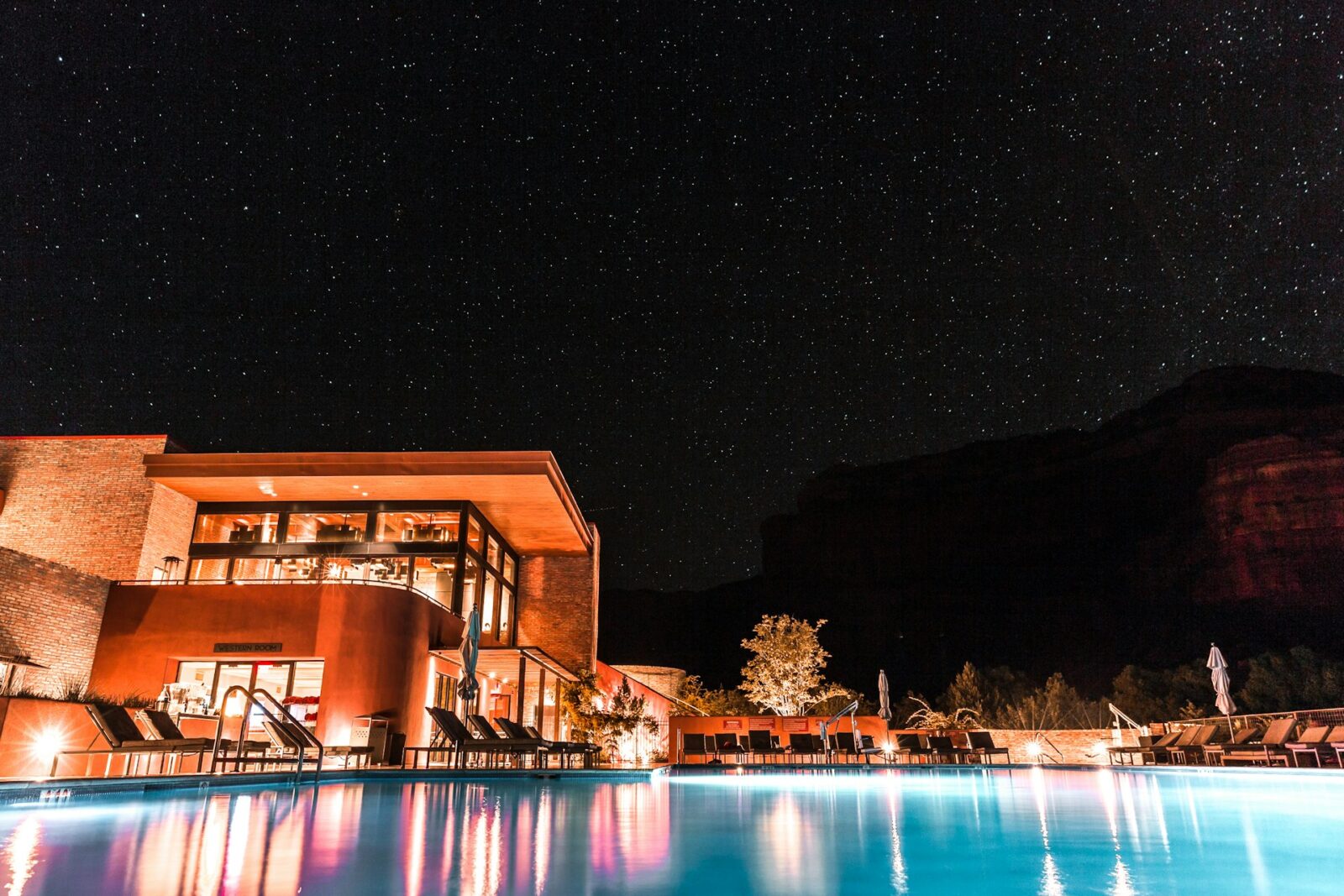The hotel industry is a dynamic and ever-evolving sector, constantly adapting to the changing needs and wants of travelers. As we advance into the future, several new trends have emerged, shaping the way hoteliers conduct business and guests experience hospitality. From the integration of technology to personalized experiences and sustainable practices, the industry is witnessing a transformation that caters to a new generation of savvy consumers. In this context, concepts like Profitroom gain significance as they become pivotal to the success of modern hotels.
Technology Integration and Smart Rooms
Mobile Check-in and Digital Key
- The convenience of bypassing front desk formalities is a trend that’s quickly becoming a standard. Guests can check-in using their mobile devices, and their smartphones double as room keys, offering a seamless and contactless experience.
Smart Room Technology
- Rooms outfitted with smart technology allow guests to control everything from lighting and temperature to entertainment systems through voice commands or a hotel app. This level of customization enhances the guest experience and can lead to positive reviews.
Artificial Intelligence and Chatbots
- AI and chatbots are revolutionizing customer service. These tools provide instant assistance and are instrumental in gathering data to improve service quality. The resulting efficiency can lead to reduced operational costs and increased through optimized resource management.
Personalization of Guest Experience
Data-Driven Personalization
- Hotels are leveraging data analytics to offer personalized experiences to their guests. By understanding preferences and behavior, hotels can tailor their services to meet individual needs, leading to increased guest satisfaction.
Unique and Local Experiences
- Travelers are increasingly seeking authentic experiences that reflect the local culture. Hotels are responding by curating distinctive activities that can’t be found elsewhere, thus creating a competitive edge.
Loyalty Programs
- Innovative loyalty programs that offer more than just points and discounts are in vogue. Experiential rewards, personalized perks, and a sense of belonging can foster loyalty and repeated business, contributing of hotels.
Sustainability and Eco-Friendly Practices
Green Operations
- Hotels are adopting sustainable practices such as reducing waste, conserving water, and using renewable energy sources. Not only do these practices contribute to environmental conservation, but they also appeal to eco-conscious guests and can lead to a more profitable room strategy through operational savings.
Local and Organic Dining
- The farm-to-table movement is growing within the hotel industry. Hotels that offer local, organic dining options not only support local economies but also attract guests who value sustainability and are willing to pay a premium for such experiences.
Sustainable Building Materials
- The use of eco-friendly construction materials and design principles is gaining popularity. This approach can reduce the hotel’s carbon footprint and resonate with guests who prefer to patronize environmentally.
Health and Wellness Focus
Wellness Amenities
- Hotels are expanding beyond traditional gym facilities to include wellness options like yoga studios, meditation spaces, and even in-room fitness equipment. These amenities can be a deciding factor for health-conscious travelers.
Spa and Therapeutic Services
- Offering spa and therapeutic services can significantly enhance a guest’s stay. These services not only provide a source of relaxation for guests but can also be a lucrative addition to the hotel’s amenities.
Mental Health Retreats
- With the increasing awareness of mental health, hotels are offering retreats and programs focused on mindfulness and stress reduction.
Flexible Spaces and Co-Working
Adaptable Room Configurations
- Hotels are designing rooms that can easily be converted for different purposes, such as a small office space or a meeting area. This flexibility can attract business travelers and remote workers, thereby maximizing the utilization of the hotel space.
Co-Working Spaces
- Co-working spaces within hotels are a response to the rise of digital nomadism and remote work trends. By offering these facilities, hotels can attract a new clientele and create a community atmosphere.
Event Spaces
- Versatile event spaces that can host anything from business conferences to weddings are becoming a staple in hotels. Such multifunctional spaces can be a significant source of revenue.
The hotel industry is at a juncture where traditional hospitality meets modern innovation. By embracing new trends such as the integration of technology, personalization of guest experiences, sustainability, focus on health and wellness, and the provision of flexible spaces, hotels can stay ahead of the competition. The key to success in this rapidly changing landscape lies in understanding and leveraging these trends to improve both guest satisfaction. As the industry continues to evolve, those who adapt will thrive, ensuring their guests leave with memorable experiences and a desire to return.
Check out Profitroom – it is a company that operates the reservation systems of most Polish hotels. Providing solutions supporting hotel sales and online marketing.









Leave a Reply
View Comments